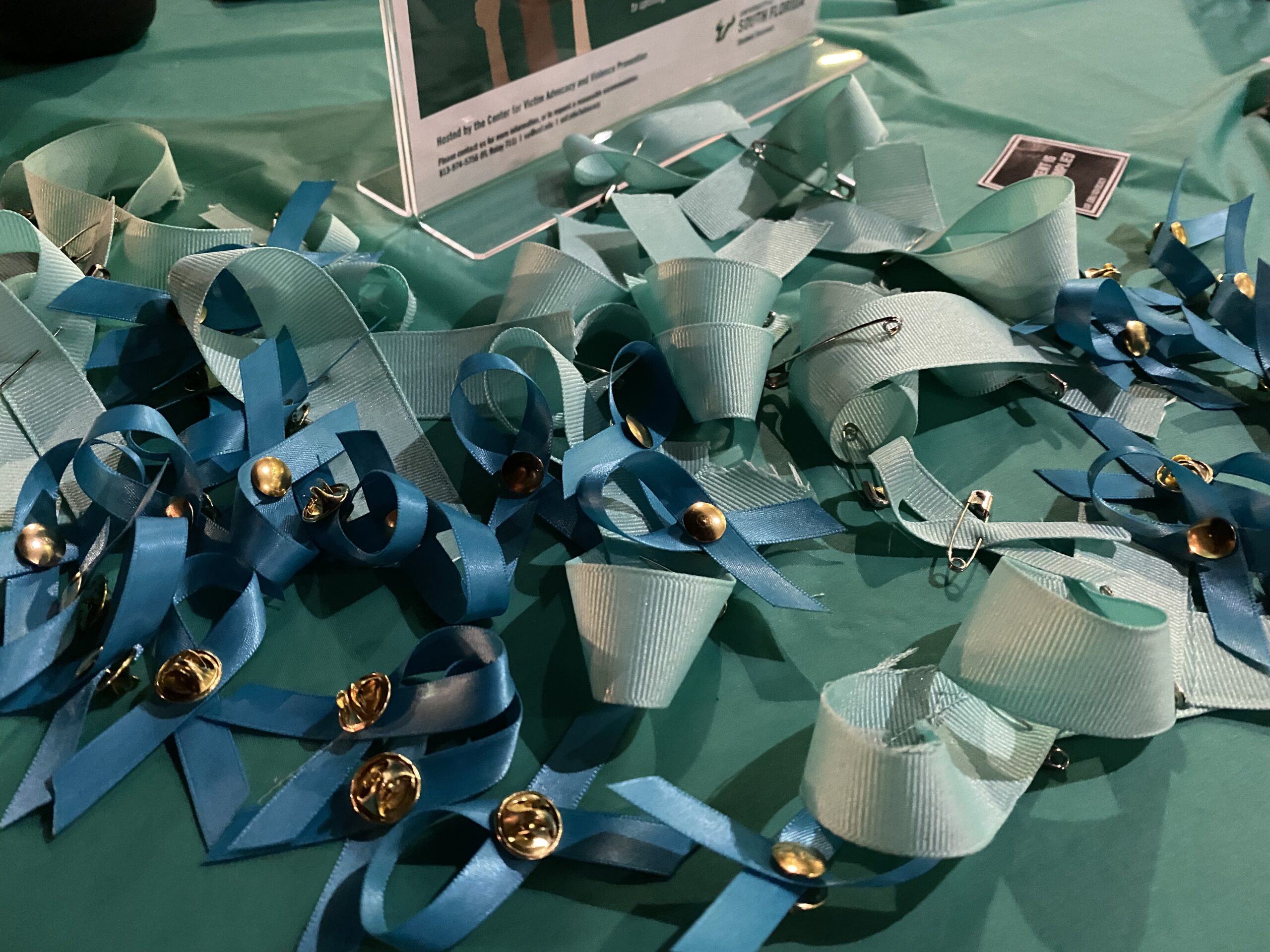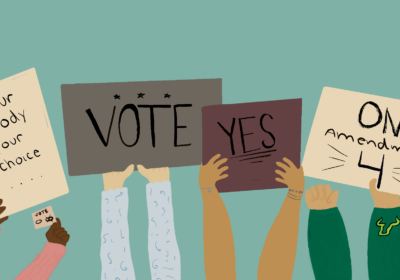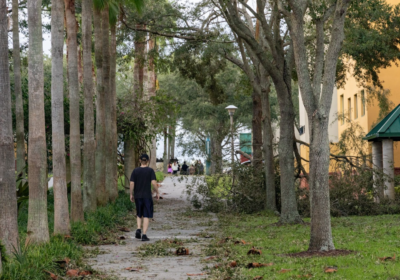OPINION: Domestic violence in college deserves more attention

Domestic violence isn’t typically an issue associated with college students, but it’s a significant problem across many campuses.
Shining light on domestic violence among college students will help victims feel more comfortable coming forward and prevent it from happening to others in the future.
This type of violence can be physical but is often much less obvious. It can also include verbal, emotional and financial abuse. Roughly one-third of women and one-tenth of men will experience domestic violence at some point in their lives, as stated in a 2022 article by the National Library of Medicine (NLM).
College students, however, experience this at a particularly high rate.
Women ages 16-24 experience domestic violence at a higher rate than any other age group, as stated in a 2017 article by Healing Abuse Working for Change (HAWC).
The American Association of Universities found that one in 10 students who had been in a relationship since starting college have experienced violence from a partner, according to a 2019 Campus Climate Survey.
Loneliness is prevalent among college students and may push them to stick to friendships and relationships that are familiar, even if they aren’t healthy, according to the National Coalition Against Domestic Violence.
They also might not know what resources are available to help them if they do find themselves in an abusive relationship.
Over 63% of college students felt “very lonely” and over 4% felt so homesick that it had a drastic negative impact on them academically, as stated in the 2017 National College Health Assessment by the American College Health Association.
Being away from home and from previous support networks can also make victims feel particularly alone and unable to access help in their struggle, according to HAWC.
A major reason domestic violence is rarely discussed is because it often goes unreported. Approximately 40% of domestic abuse cases are never reported, according to the NLM. It is important to let victims know they aren’t alone and there are resources available to help them.
Educating others is also an important factor in lowering the rates of domestic violence in college. Many victims often don’t even realize they are being abused.
“Society normalizes unhealthy behavior so people may not understand that their relationship is abusive,” the One Love Foundation website said.
When students know the signs of domestic abuse, they are better able to tell if they or someone they know is in an abusive relationship and how to get help.
Fortunately, more and more colleges are becoming aware of this issue and providing students with the necessary resources and education. The USF Center for Victim Advocacy provides students with many educational resources and even has a guide for victims of abuse.
USF employees, with the exception of doctors, therapists and a few others, are mandated to report domestic abuse, among other types of violence, to the Title IX Coordinator, as stated in the USF Sexual Misconduct-Sexual Harassment Policy. They are also required to provide the victim with information regarding how to access counseling, advocacy and other resources.
While colleges are starting to do more to bring awareness to this issue, there is still a long way to go. Domestic violence is still a significant problem across many college campuses and the best way to continue to solve it is to have open conversations about this type of abuse, how to recognize it and how to get help.
24/7 Center for Victim Advocacy helpline (813) 974-5757






